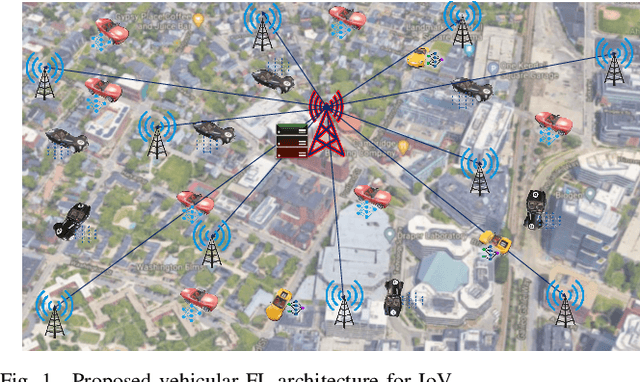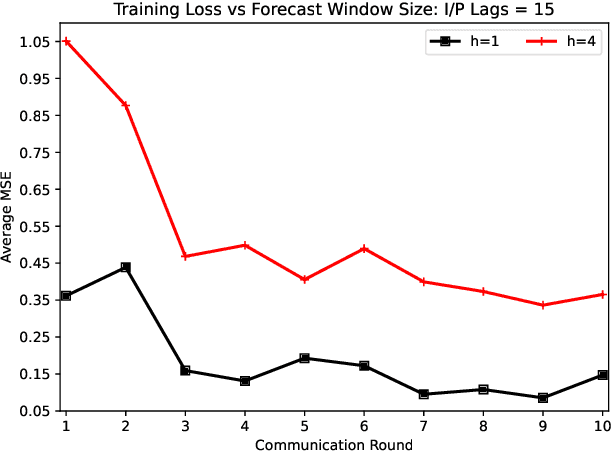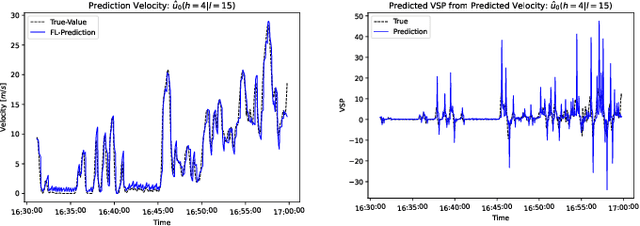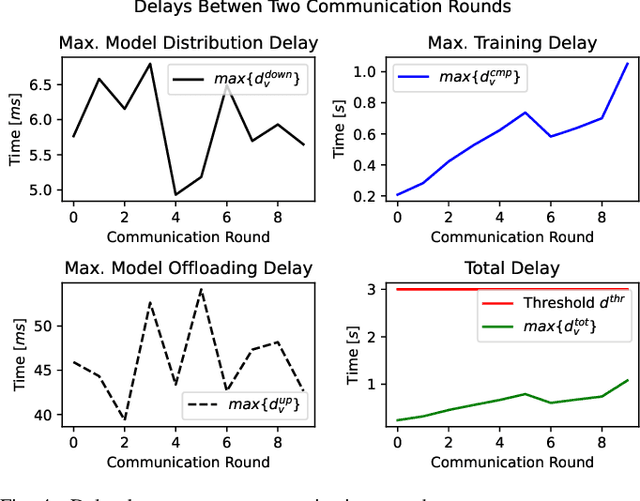Philip Orlik
Adversarial Bi-Regressor Network for Domain Adaptive Regression
Sep 20, 2022



Abstract:Domain adaptation (DA) aims to transfer the knowledge of a well-labeled source domain to facilitate unlabeled target learning. When turning to specific tasks such as indoor (Wi-Fi) localization, it is essential to learn a cross-domain regressor to mitigate the domain shift. This paper proposes a novel method Adversarial Bi-Regressor Network (ABRNet) to seek more effective cross-domain regression model. Specifically, a discrepant bi-regressor architecture is developed to maximize the difference of bi-regressor to discover uncertain target instances far from the source distribution, and then an adversarial training mechanism is adopted between feature extractor and dual regressors to produce domain-invariant representations. To further bridge the large domain gap, a domain-specific augmentation module is designed to synthesize two source-similar and target-similar intermediate domains to gradually eliminate the original domain mismatch. The empirical studies on two cross-domain regressive benchmarks illustrate the power of our method on solving the domain adaptive regression (DAR) problem.
Mobility, Communication and Computation Aware Federated Learning for Internet of Vehicles
May 17, 2022



Abstract:While privacy concerns entice connected and automated vehicles to incorporate on-board federated learning (FL) solutions, an integrated vehicle-to-everything communication with heterogeneous computation power aware learning platform is urgently necessary to make it a reality. Motivated by this, we propose a novel mobility, communication and computation aware online FL platform that uses on-road vehicles as learning agents. Thanks to the advanced features of modern vehicles, the on-board sensors can collect data as vehicles travel along their trajectories, while the on-board processors can train machine learning models using the collected data. To take the high mobility of vehicles into account, we consider the delay as a learning parameter and restrict it to be less than a tolerable threshold. To satisfy this threshold, the central server accepts partially trained models, the distributed roadside units (a) perform downlink multicast beamforming to minimize global model distribution delay and (b) allocate optimal uplink radio resources to minimize local model offloading delay, and the vehicle agents conduct heterogeneous local model training. Using real-world vehicle trace datasets, we validate our FL solutions. Simulation shows that the proposed integrated FL platform is robust and outperforms baseline models. With reasonable local training episodes, it can effectively satisfy all constraints and deliver near ground truth multi-horizon velocity and vehicle-specific power predictions.
 Add to Chrome
Add to Chrome Add to Firefox
Add to Firefox Add to Edge
Add to Edge